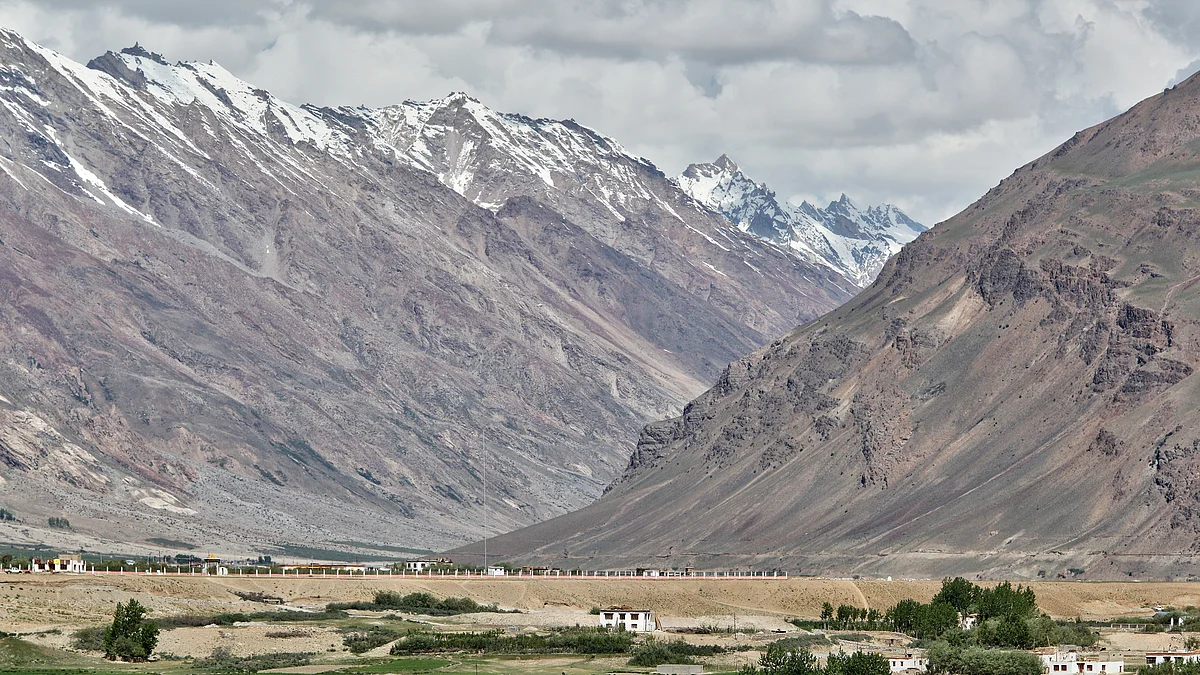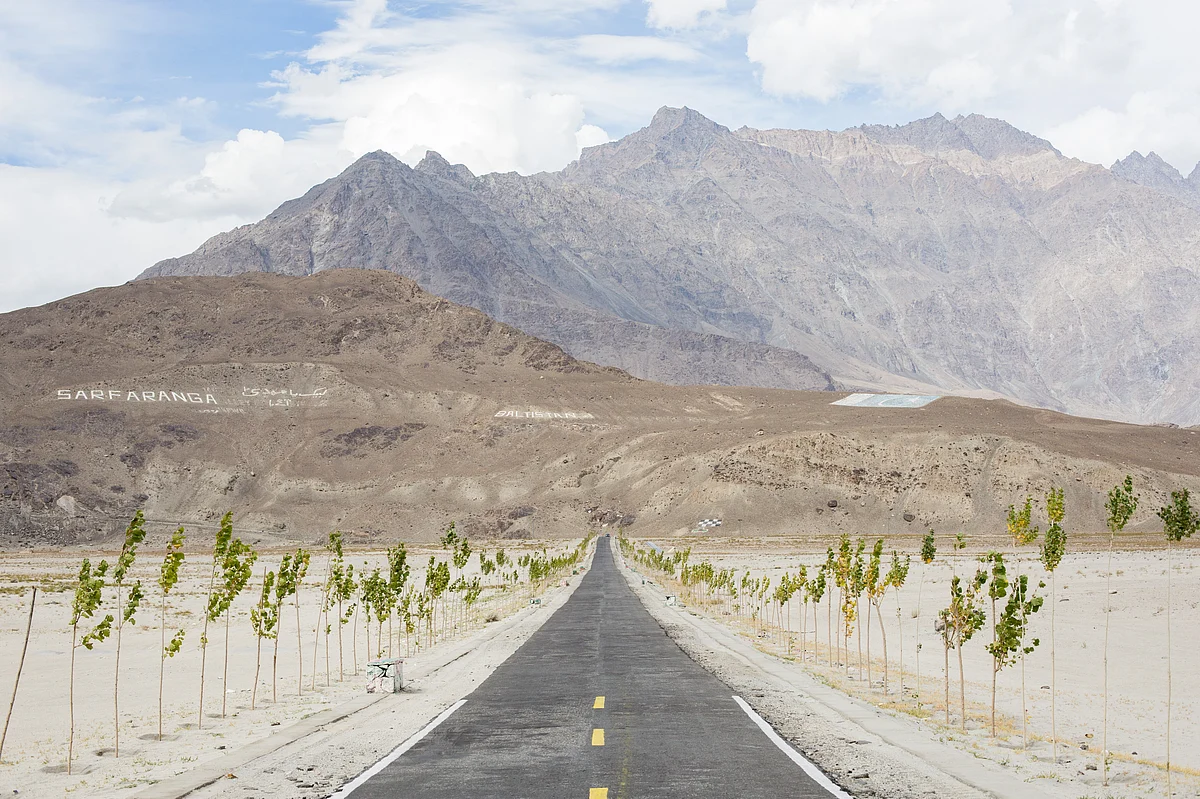Kartarpur corridor rekindles Kargil-Skardu hope
Reopening of the historic Kargil-Skardu route, which was closed down after a de-facto border separated Ladakh and Baltistan in 1949, has been a longstanding demand of the Himalayan region

The ground-breaking ceremony for the Kartarpur corridor on Wednesday ahead of Guru Nanak's 550th birth anniversary next year, has revived hope among thousands of divided families in Kargil district of Ladakh region in Jammu and Kashmir.
Just like the long-standing plea of Sikh pilgrims that a visa-free corridor between Dera Baba Nanak in Indian Punjab and Kartarpur Sahib in Pakistan’s Punjab be operationalised, thousands of divided families in Kargil have been demanding reopening of historic Kargil-Skardu route in the Himalayan region.
The 170-kilometre road, historically an all-weather route, used to connect Kargil and Skardu—capital city of Gilgit-Baltistan. It was closed down in 1949 after the creation of Line of Control (LoC) that divided Ladakh and Baltistan region.
Mehbooba Mufti, former Chief Minister of the state in August last year, had supported the demand for the opening up of the Kargil region “to the outside world as a gateway to Central Asia”.
"Opening strategic routes is in our agenda of alliance and we will put our best efforts to open strategic routes like Kargil-Skardu and Turtuk-Khaplu road so that the trade and peace process will begin here," she had stated, addressing a rally in Kargil for the first time as Chief Minister.
Citing the plight of families divided by the LoC, senior Congress leader and former legislator Kargil, Haji Asgar Ali Karbalaie has urged both Indian and Pakistani governments to bring the Himalayan region in the ambit of the peace process and address the humanitarian issue.

Hailing the historic decision to open Kartarpur—Dera Baba Nanak Sahab corridor in Punjab, Karbalaie, said that the opening of Kargil-Skardu road will not only connect divided families but also restore economic activity in the region which remains cut off for most part of the year.
Previously, two cross-LoC route, Srinagar-Muzaffarabad and Poonch-Rawlakote, were opened for divided families in Jammu and Kashmir. “Depriving people of a right to meet each other gives an impression that both the countries do not trust the people of the divided region,” he remarked.
Several civil society members of the Kargil district echoed similar sentiments at a conference organised by People’s Forum for Peace Across LoC in collaboration with Ladakh Autonomous Hill Development Council (LAHDC) on Wednesday.
Claiming that there 12,000 divided families in the region, the speakers stressed that the LAHDC must collect data related to thousands of divided families and approach the human rights organizations to aware them about humanitarian crisis in Ladakh and Baltistan region.
“It’s time to reopen the road and revive historical, political, cultural and economical connect between the two regions,” Kashmir Economic Alliance chairperson, Muhammad Yaseen Khan, asserted. “The opening of this route would also boost the tourism industry in the Kargil region—which otherwise has faced immense hardships due to blockade of historic routes.”
Pertinently, before 1947, the regions of Kargil, Leh and Skardu constituted a single district called the Ladakh Wazarat. An all weather road from Skardu to Kargil was part of the ancient Silk Route. The 1949 ceasefire resulted in split of Ladakh Wazarat into Ladakh and Baltistan. And many divided families on the Indian side still trace their immediate ancestors on the other side of the border.
Ladakh and the Northern areas of the region comprise two-thirds of the total area of the undivided state of Jammu and Kashmir.
Follow us on: Facebook, Twitter, Google News, Instagram
Join our official telegram channel (@nationalherald) and stay updated with the latest headlines